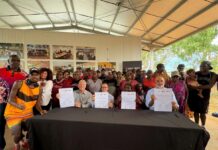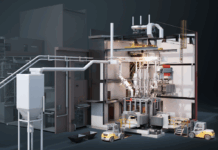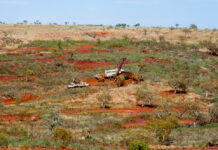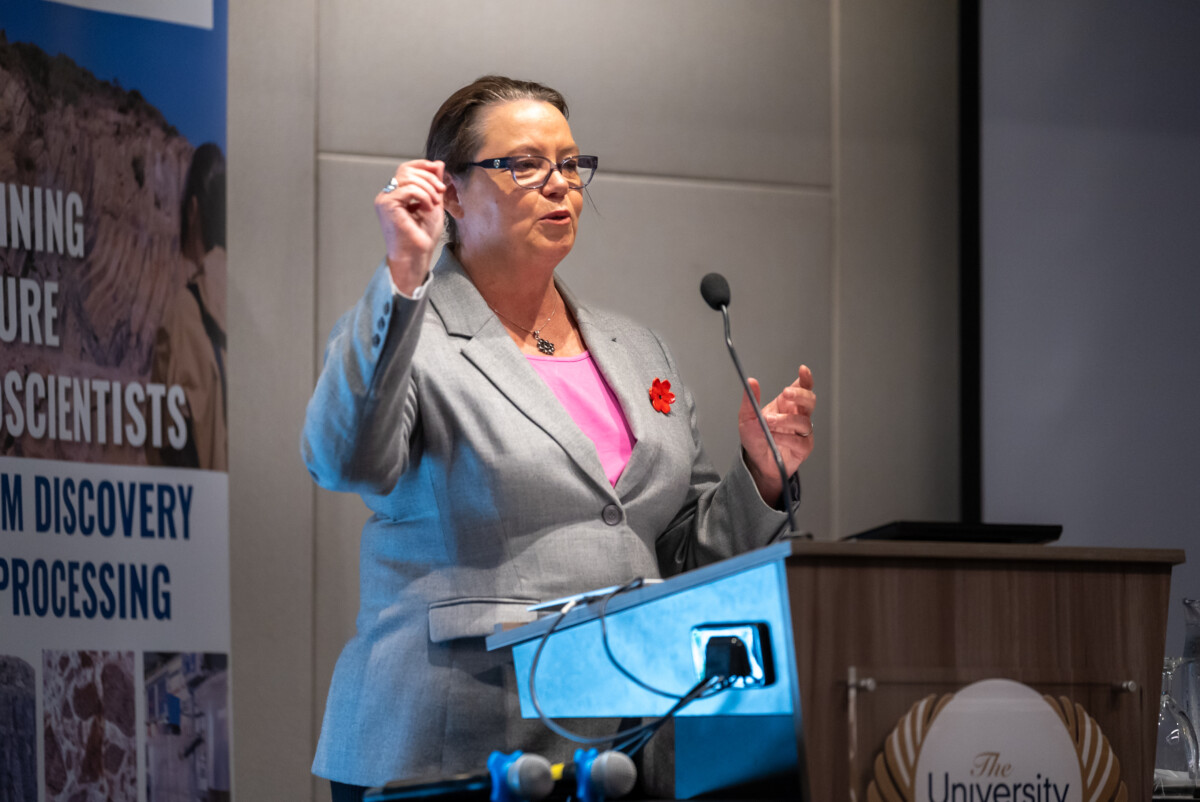New geoscience centre to shape Australia’s future workforce
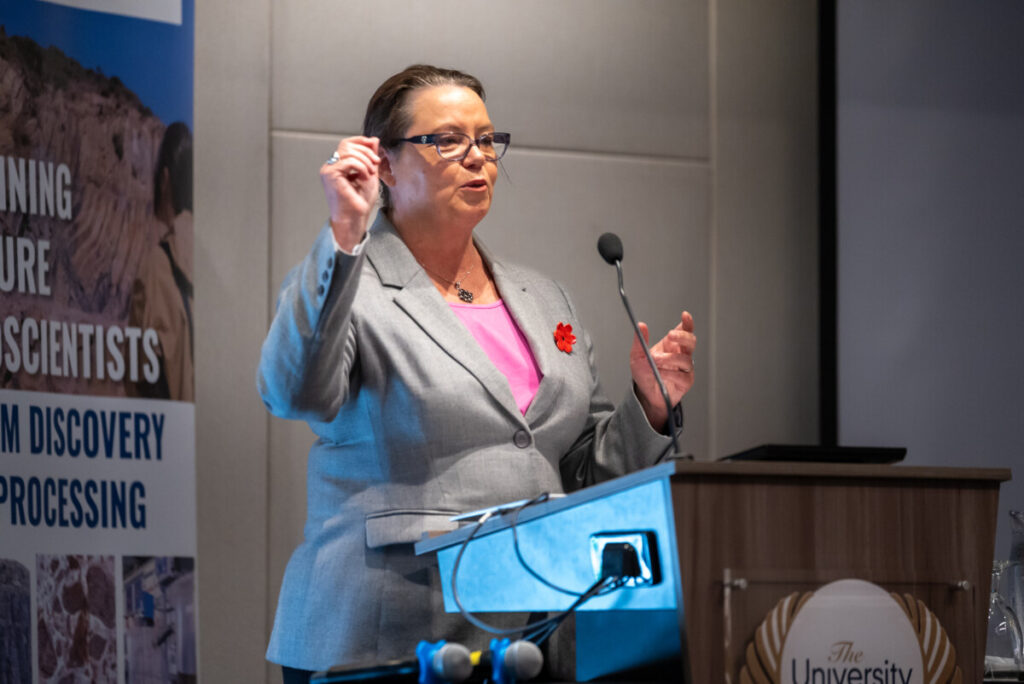
The University of Western Australia (UWA), alongside Federal Resources Minister Madeleine King, officially launched the ARC Industrial Transformation Training Centre (ITTC) in Critical Resources for the Future, aiming to deliver the skills and disruptive thinking required to advance the critical minerals sector.
The innovative new research centre will bring together some of Australia’s leading universities, resource industry stakeholders and government institutions to drive research into critical minerals and sustainable mining.
Minister King says the ARC ITTC brings together UWA, the University of Adelaide, the University of Queensland and the Australian National University with industry partners.
“Our national science institutions — Geoscience Australia and the CSIRO, along with the geological surveys of WA, South Australia and Queensland, and The Minerals Research Institute of WA and the Northern Territory Government will all be integral government partner organisations,” she said.
“Very importantly, it is the active and enthusiastic participation of 15 industry partners that is essential to the ongoing collaboration that will see higher degree by research candidates and postdoctoral researchers get that industrial training that is vital to the future of our critical minerals industry.
“Australia has an abundance of these minerals, which puts us in a position of opportunity and of global responsibility.
“We cannot afford to let this opportunity pass or to handball our responsibilities off elsewhere.
“We have an opportunity to work with partners to ensure that global markets operate efficiently and effectively — ensuring we can all access the minerals that will be so critical to the global transition.
“While we have most of these minerals here in the ground, they are traded in thin, volatile markets or markets that are opaque and at risk of manipulation.
“It is important that we bolster the sector’s capabilities to detect, prevent and mitigate foreign interference.
“That’s why we are working with partner countries like the US, Japan and Korea to strengthen markets and supply chains.”
UWA Vice-Chancellor Professor Amit Chakma says the centre will be a catalyst for transformational change in sustainable mining.
“It will help place Australia at the forefront of a greener global critical resource industry, while also providing an exciting opportunity for academics and industry leaders to partner together to develop Australia’s geoscience future,” he said.
ARC ITTC director Professor Marco Fiorentini says it is vital for exploration and mining operations to minimise their environmental impact, through more precise predictive targeting as well as efficient ore processing and metallurgical practices.
“Commodities such as lithium, cobalt, rare earths and platinum group elements require the sustainable development of new ore deposits and our current exploration methods may not suffice, so future mines will need to leverage automation, digitalisation, and decarbonised processes to meet environmental, social and governance (ESG) standards,” he said.
“Australia’s exploration and extraction strategies currently rely heavily on empirical knowledge of known mineral systems, limiting our ability to meet the rapidly increasing global demand for critical minerals.”
Professor Fiorentini says the new centre’s professional development programs for PhD students and postdoctoral researchers focus on bridging the gap between mineral system science and ore processing/metallurgical extraction.
“To ensure international competitiveness and attract foreign investment, Australia must prioritise transdisciplinary education that equips future geoscientists with the skills needed for predictive exploration and sustainable extraction practices, which are crucial for addressing global demands for critical minerals,” he said.
“Postdoctoral researchers will collaborate across diverse projects, gaining invaluable insights and professional development opportunities alongside our industry partners, enhancing their skill sets with the latest advancements in conceptual frameworks, data science, and technology.”


